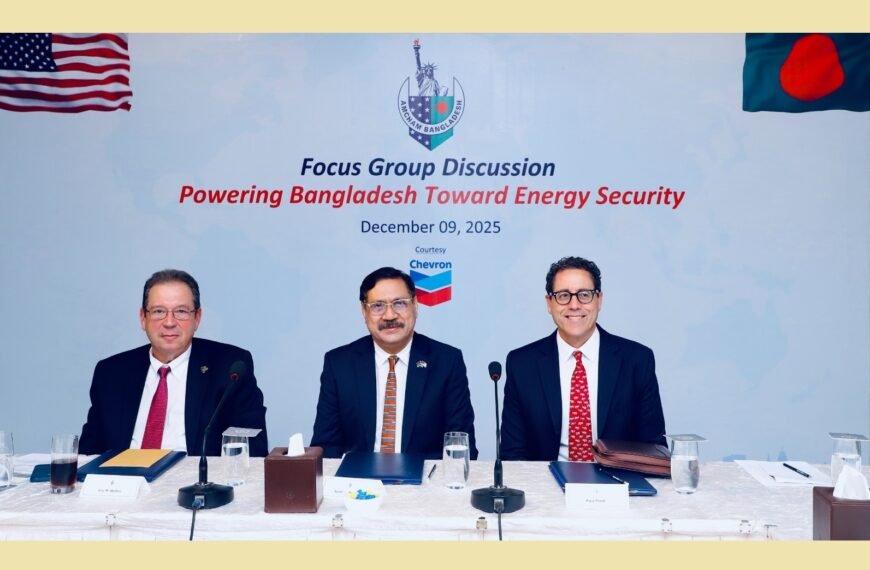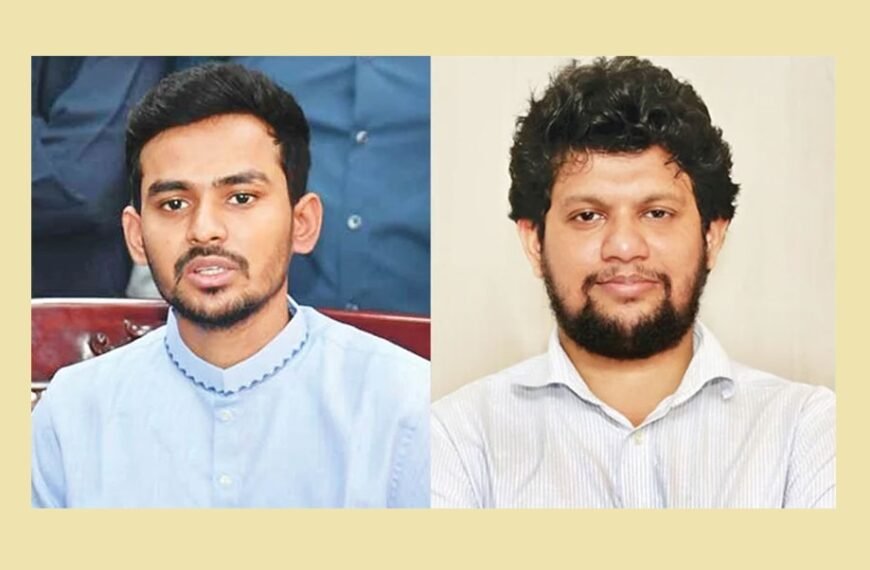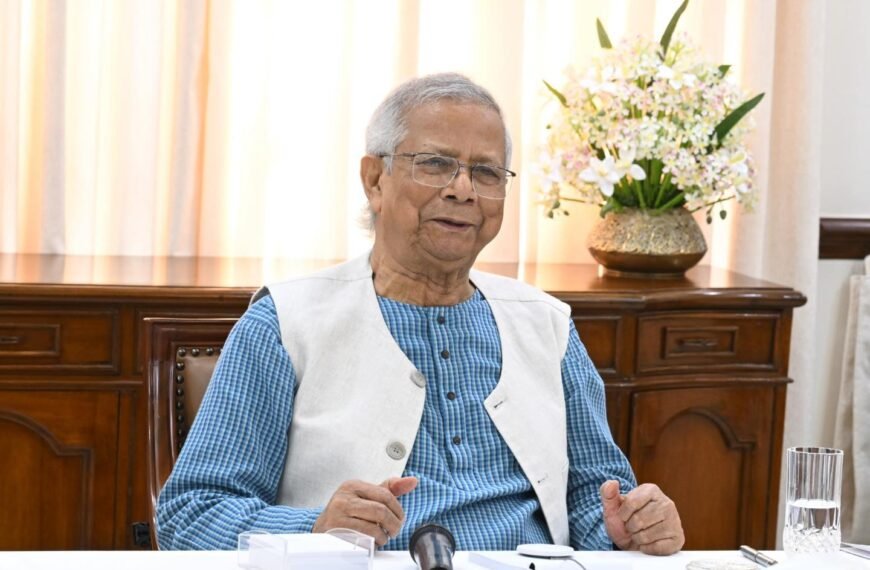Martin Raiser, Vice President for South Asia at the World Bank, concluded his visit to Bangladesh, reaffirming the institution’s commitment to fostering the country’s inclusive and sustainable economic growth.
During his visit, Raiser held discussions with the Honorable Chief Adviser of the Interim Government, Professor Muhammad Yunus, highlighting the World Bank’s dedication to supporting Bangladesh in achieving economic stability, generating employment opportunities, strengthening climate resilience, and enhancing public service delivery.

He provided updates on ongoing and upcoming World Bank initiatives, stressing the need to capitalize on the political transition period to implement governance and transparency reforms. Such measures, he noted, are crucial for ensuring long-term equitable growth in the country.

“The World Bank is actively assisting the government in strengthening transparency and accountability. Our support spans key areas, including bank resolution and asset recovery, tax policy and revenue collection, procurement processes, auditing practices, and the integrity of national statistics. These reforms are essential in fostering a business-friendly environment and boosting public confidence,” stated Raiser.

In response to Bangladesh’s immediate needs, the World Bank is preparing new financial assistance programs aimed at post-flood recovery following the September 2024 disaster, stabilizing the energy sector, modernizing social assistance frameworks, and tackling the increasing air pollution in Dhaka.

Throughout his visit, Raiser engaged with top policymakers, including the Honorable Finance Adviser, Energy Adviser, Bangladesh Bank Governor, and the Chairman of the National Board of Revenue (NBR). Additionally, he met with representatives from civil society and the private sector to discuss key developmental challenges and priorities.

The World Bank’s continued collaboration with Bangladesh underscores its commitment to strengthening the nation’s economic foundations, ensuring resilience, and promoting equitable development in the years ahead.




